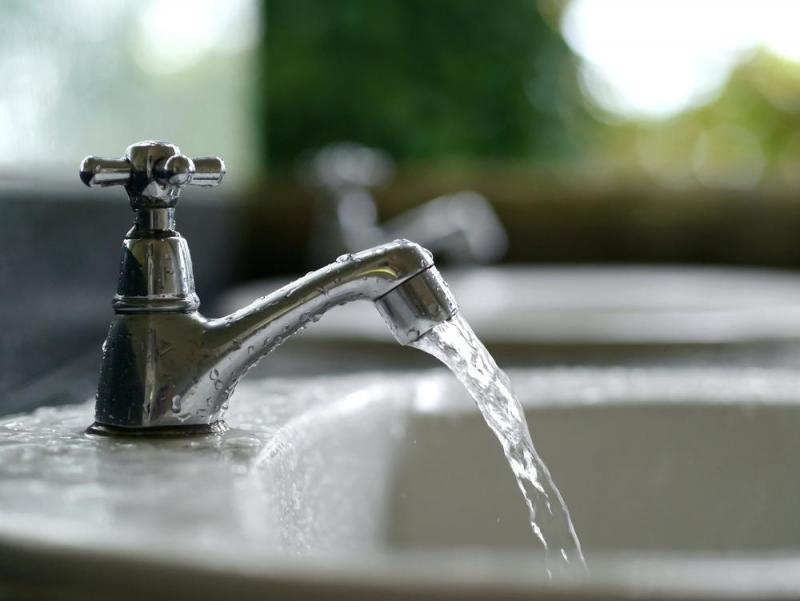Anyone who uses water provided by Broadkiln Beach Water Co. and PrimeHook Water Co. is warned to boil water before using it.
The boil water notice is in effect until at least Tuesday, July 24.
The Delaware Division of Public Health issued the notice after the presence of E. coli bacteria was discovered July 20. Consumers are advised to bring the water to a boil (212F), let it boil for a minute, and let it cool before using, or use bottled water. Boiled or bottled water should be used for drinking, making ice, brushing teeth, washing dishes, and food preparation until further notice. Boiling kills the bacteria and other organisms in the water. It is safe to use the water for bathing or showering and for washing clothes.
Jennifer Brestel, spokeswoman for the Division of Public Health, said additional sampling done in the afternoon of July 20 tested negative for E. coli, but a second test must come back negative before the boil water notice can be lifted. She said the results of those tests, conducted July 23, would not be known until the next day.
The water system operator is required by state law to notify all consumers of the contamination and the boil water notice. The well and the distribution system are being disinfected and flushed, and a chlorine treatment system has been put in place by the system operator.
With bacteria in the water, residents are heading out to buy bottled water.
Lois Rehkamp, owner of Broadkill Store, said the store is selling a lot of bottled water and has had to restock since the warning was announced July 20. She said business has been steady with people coming in for water.
"It's not fun," she said.
E. coli are bacteria whose presence indicates that the water may be contaminated with human or animal wastes. Microbes in these wastes can cause diarrhea, cramps, nausea, headaches, or other symptoms. They may pose a special health risk for infants, young children, and people with severely compromised immune systems. These symptoms are not caused only by organisms in drinking water; anyone who experiences these symptoms, if they persist, should contact their healthcare provider. People at increased risk should seek advice about drinking water from their healthcare providers.
Bacterial contamination can occur when increased runoff enters the drinking water source, which can occur following heavy rains. It can also happen due to a break in the distribution pipes or a failure in the water treatment process.
For more information about E. coli, visit http://www.dhss.delaware.gov/dhss/dph/files/ecolifaq.pdf or https://www.cdc.gov/healthywater/drinking/private/wells/disease/e_coli.html.
Ryan Mavity covers Milton and the court system. He is married to Rachel Swick Mavity and has two kids, Alex and Jane. Ryan started with the Cape Gazette all the way back in February 2007, previously covering the City of Rehoboth Beach. A native of Easton, Md. and graduate of Towson University, Ryan enjoys watching the Baltimore Ravens, Washington Capitals and Baltimore Orioles in his spare time.






















































